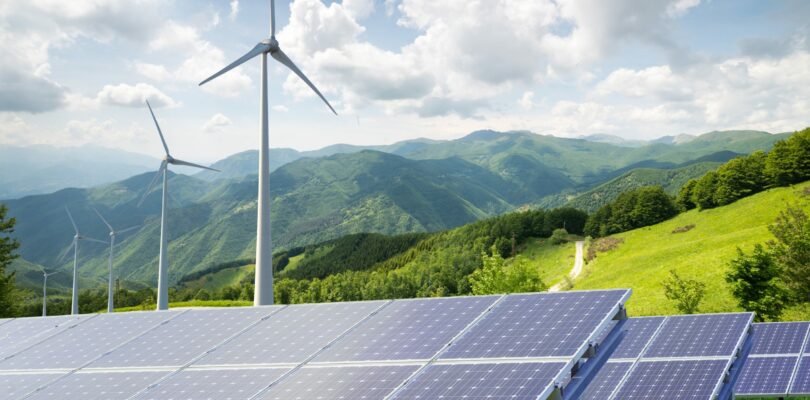In a historic milestone, wind and solar power generated more electricity than fossil fuels in the European Union during the first half of 2024. This achievement marks a significant shift in the region’s energy landscape, highlighting the growing dominance of renewable energy sources.
According to recent data, wind and solar power accounted for 30% of the EU’s electricity generation in the first six months of 2024, while fossil fuels contributed 27%. This is the first time that renewable energy sources have surpassed fossil fuels in a half-year period. The increase in renewable energy production is attributed to substantial investments in wind and solar infrastructure across the continent.
Germany, Belgium, Hungary, and the Netherlands were among the first EU member states to reach this milestone. These countries have been at the forefront of the renewable energy transition, implementing policies and incentives to promote the adoption of clean energy technologies.
The shift towards renewable energy is not only beneficial for the environment but also for the EU’s energy security. By reducing reliance on fossil fuels, the region can decrease its vulnerability to fluctuations in global energy markets and enhance its energy independence.
This development is a testament to the EU’s commitment to achieving its climate goals and transitioning to a sustainable energy future. As the world grapples with the impacts of climate change, the EU’s progress in renewable energy serves as a model for other regions aiming to reduce their carbon footprint and embrace cleaner energy sources.
The first half of 2024 has set a new benchmark for renewable energy in the EU, and the trend is expected to continue as more countries invest in wind and solar power. This achievement underscores the potential of renewable energy to transform the global energy landscape and combat climate change effectively.
